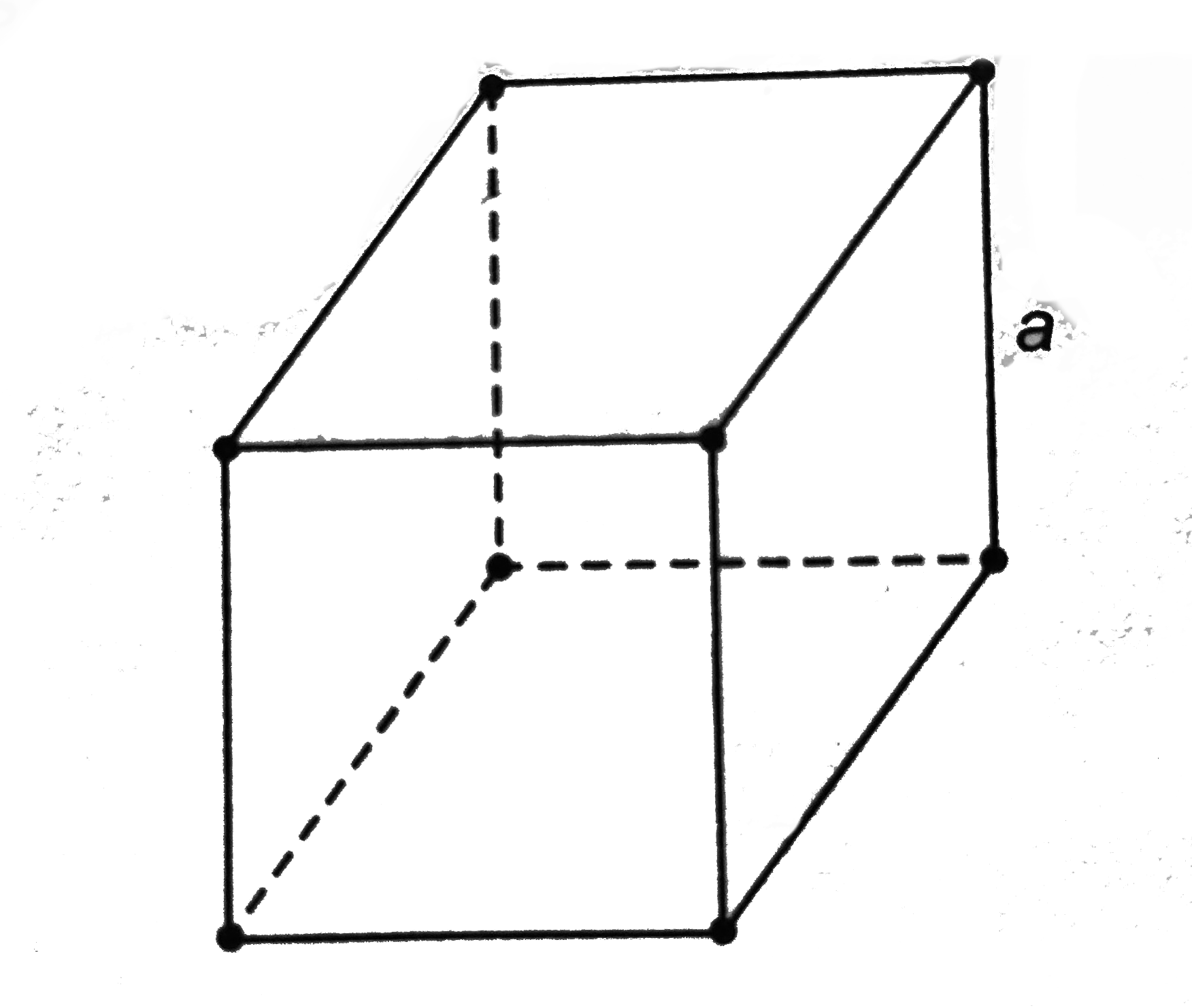Two bodies of equal masses are placed at heights and 2h. Find the ratio of their gravitational potential energies
1:2
Topper's Solved these Questions
- WORK ENERGY AND POWERBook:ICSEChapter: WORK ENERGY AND POWERExercise:EXERCISE-2 (C)
Explore 9 Videos
- WORK ENERGY AND POWERBook:ICSEChapter: WORK ENERGY AND POWERExercise:EXERCISE-2(C )MULTIPLE CHOICE TYPE
Explore 2 Videos
- WORK ENERGY AND POWERBook:ICSEChapter: WORK ENERGY AND POWERExercise:EXERCISE-2(B) (MULTIPLE CHOICE TYPE )
Explore 2 Videos
- CALORIMETRYBook:ICSEChapter:CALORIMETRYExercise:EXERCISE-11(B) (NUMERICALS)
Explore 15 Videos
Similar Questions
Knowledge Check
Gravitational potential energy = ....
AmghB12mv2C2mghDnone of these
Two bodies of masses m1 and m2 are placed distant d apart. Show that the position where the gravitational field due to them is zero, the potential is given by, V=−Gd(m1+m2+2√m1m2)
View SolutionDefine gravitational potential and gravitational potential energy.
View SolutionEight particles of mass 'm' each are placed at the verties of a cube of side 'a' . Find gravitational potential energy of this system .
 .
.
View SolutionTwo bodies of masses m and 4m are placed at a distance r. The gravitational potential at a point due to mass m on the line joining where gravitational field is zero
View SolutionTwo circular cylinders of equal volumes have their heights in the ratio 1:2. Find the ratio of their radii.
View SolutionTwo circular cylinders of equal volumes have their heights in the ratio 1:2. Find the ratio of their radii.
View SolutionTwo circular cylinders of equal volumes have their heights in the ratio 1:2. Find the ratio of their radii.
View Solution